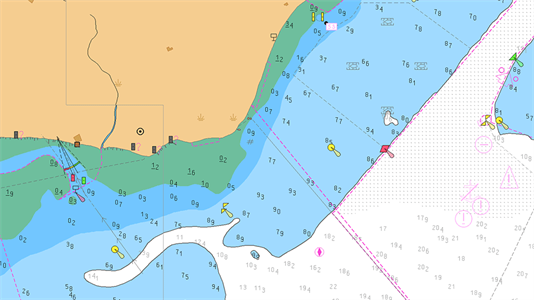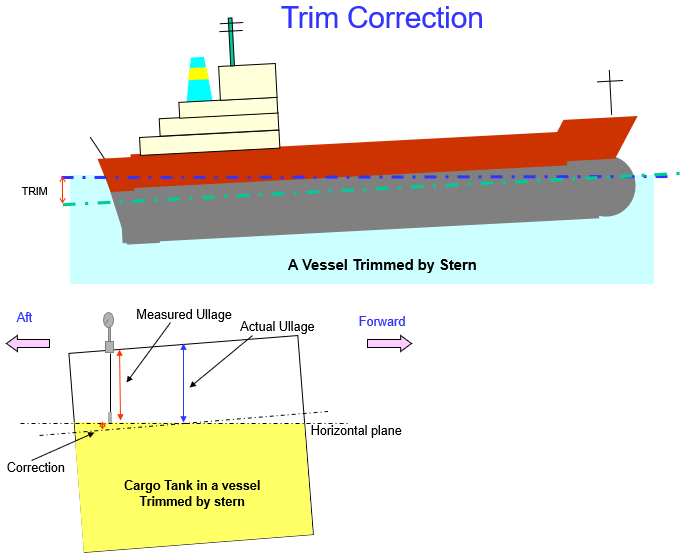Demurrage
General Principles (a) Freight No discussion on the subject of demurrage would be complete without a few words on the subject of freight. Freight is the return to the shipowner for undertaking the voyage requested by the voyage charterer. Freight can be contrasted with hire, which









